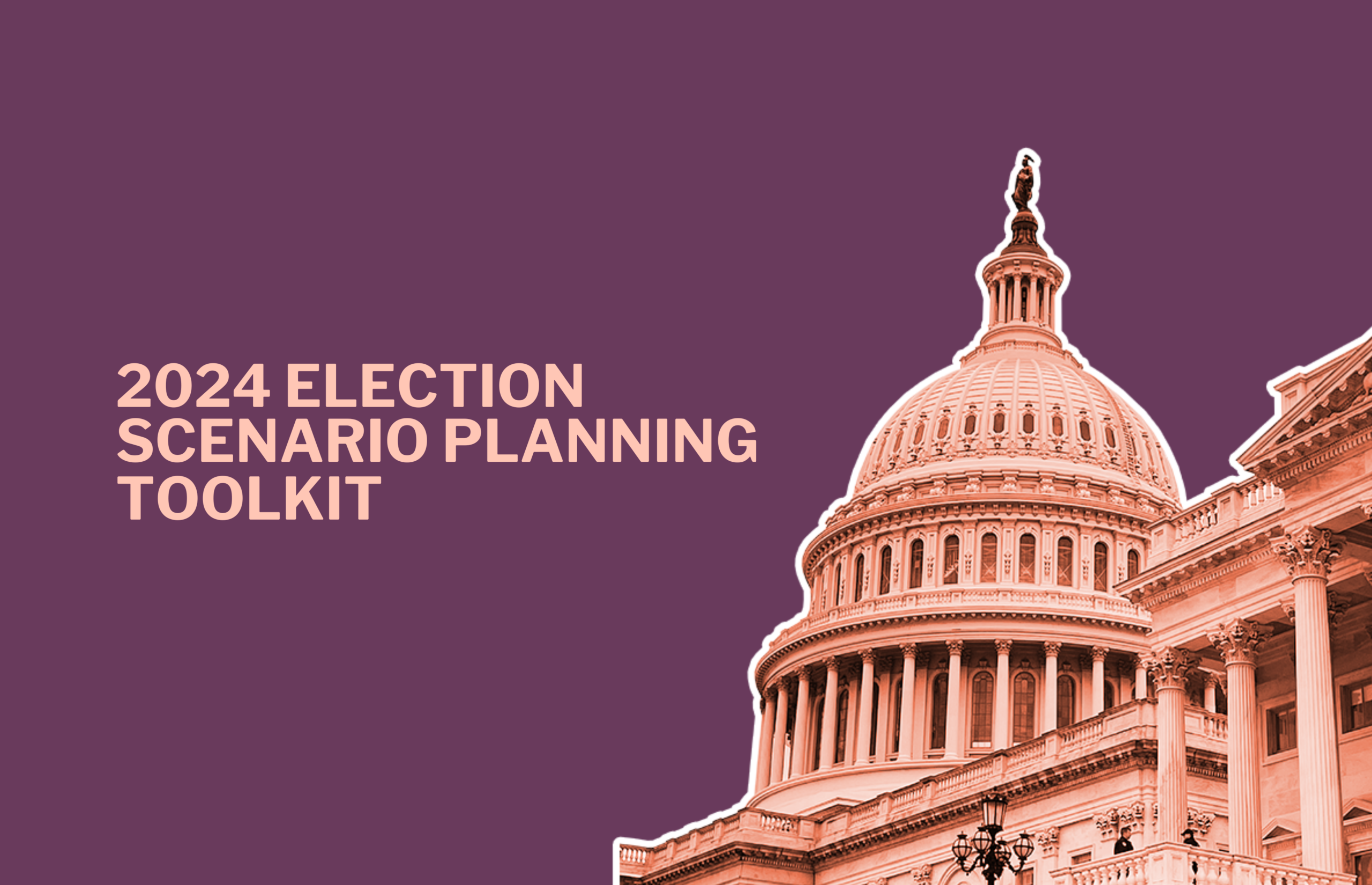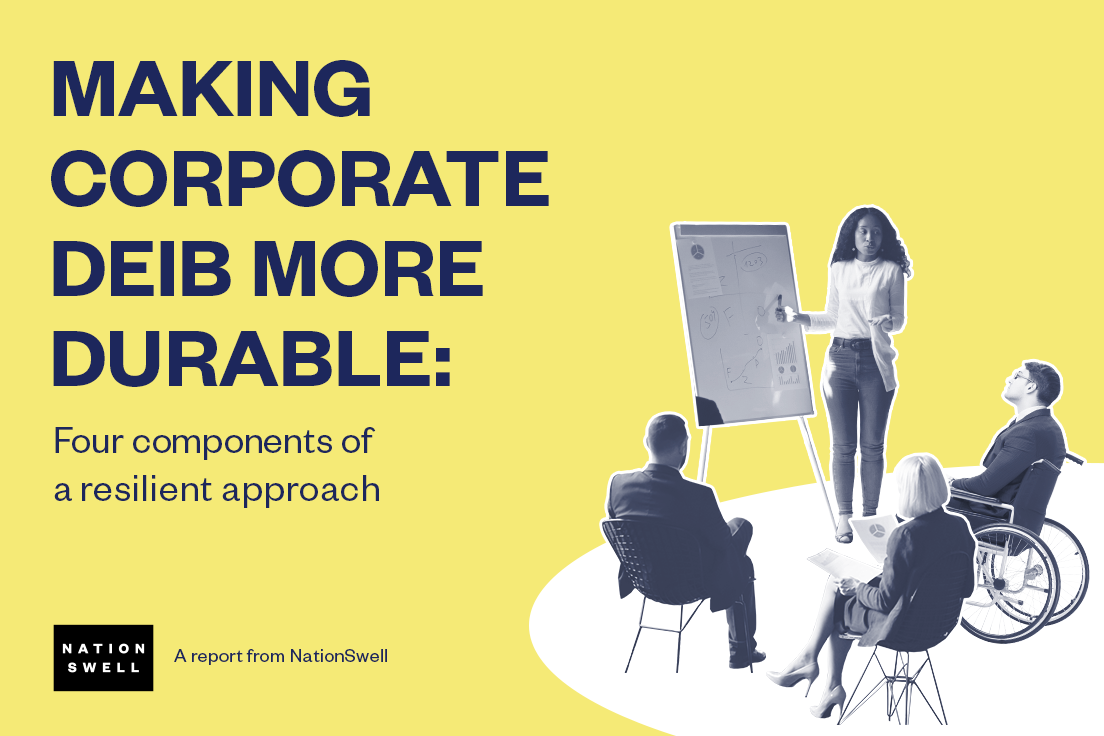A majority of employees (69%) report that “having societal impact is a high expectation or deal breaker when considering a job” (Edelman Trust Barometer, 2023). By facilitating volunteerism, companies can help to meet growing employee interest in purpose-driven work environments while harnessing the power of individual and collective contributions to drive impact.
Generally, employees are eager to have access to volunteer opportunities through work. Seventy-one percent of employees say it’s imperative or very important to work at a company that is supportive of giving and volunteering (America’s Charities, 2022), and they attribute volunteerism to well-being (77%), boosted morale (70%), and strengthened camaraderie (64%) (Bright Funds, 2021). Additionally, 92% of corporate human resources executives feel that leadership and professional skills are strengthened by contributing expertise to nonprofits (Deloitte, 2017).
However, volunteer participation is decreasing. In 2022, 86% of companies offered domestic virtual volunteerism programs but only 19.8% of employees volunteered one hour or more of their time – lower than the pre-pandemic average of 29% (CECP, 2023). Nonprofit organizations are noticing this downward trend. In a recent survey, 47% of nonprofit CEOs said that recruiting sufficient volunteers is a notable problem for their organization (Do Good Institute, 2023).
Given the increased value that employees place on working within purpose-driven environments, what explains the decline in volunteerism? Workers cite the following major detractors from volunteering: pressure from employers and colleagues, no availability during work hours, undefined projects, limited information about NGOs, and lack of a platform to register, participate, and track hours (America’s Charities, 2022). Moreover, few feel that volunteering can enhance their career opportunities (18%) or help to develop new skills (36%) (Deloitte).
Gathered from NationSwell members and independent research, this resource provides strategic guidance, case examples, and implementation checklists for companies to strengthen and advance their volunteerism efforts, with a specific focus on mitigating barriers and increasing incentives for employees.
In this report you will find:
- Four critical areas of strategic guidance surfaced by NationSwell members
- Case examples of strategies in action, featuring Mastercard, PwC, LinkedIn, Nike, Dow, Salesforce, Coupa, Starbucks, MetLife Foundation, KPMG, Liberty Mutual, Medtronic, Bank of America, and Verizon.
- Implementation checklists to support action




























